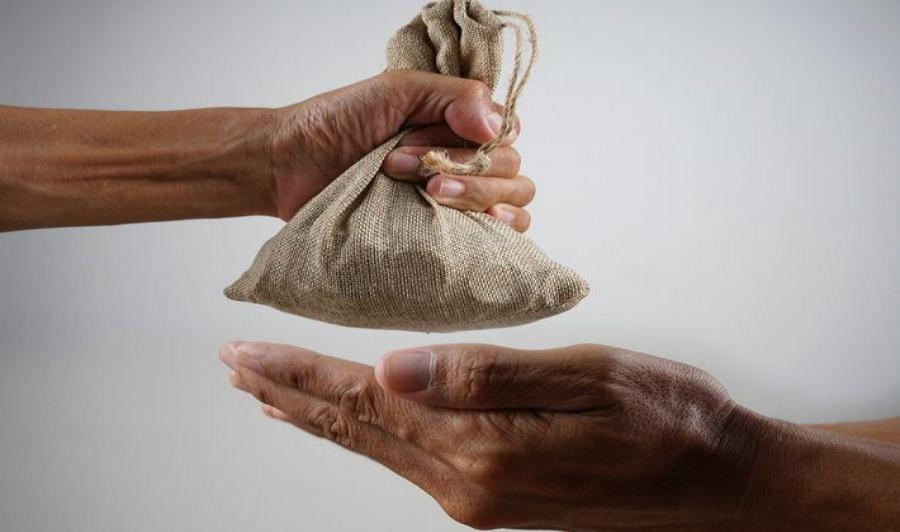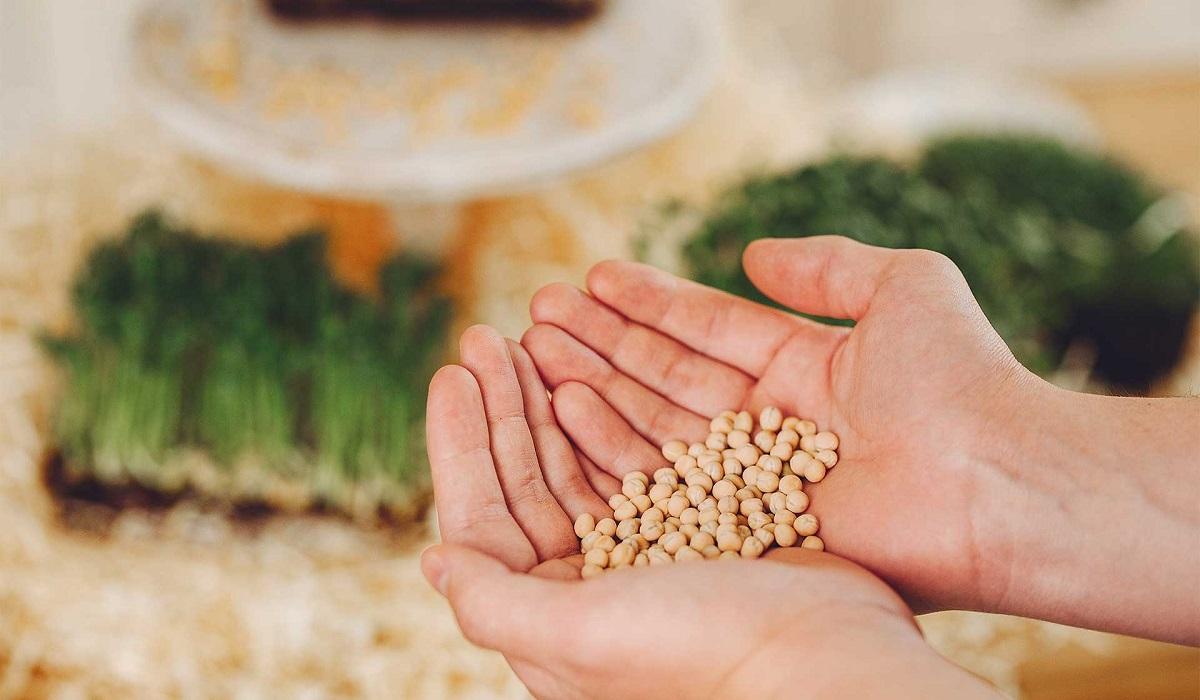how to do sadaqah jariyah for deceased parents

In the journey of human life, death remains the absolute certainty that concludes the chapter of our worldly existence. When the breath ceases, so does a person's ability to perform deeds and increase their balance of good.
Table of Content
Faced with this finality, many feel helpless, their hearts aching with the desire to continue showing love and kindness to their loved ones who have passed on. However, in the vast mercy of Islam, death is not an impenetrable wall. It is a gateway, through which windows of light can remain open, allowing the blessings of the living to reach the dead, and the records of the deceased to continue receiving rewards.
Here, the magnificence of the concept of Sadaqa Jariya (ongoing, flowing charity) is revealed. It stands as one of the most profound spiritual and material bridges connecting the world of the living and the world of the grave (Barzakh). It is not merely a charitable act; it is an investment in the Hereafter, an indelible mark of goodness, and a river of reward that never ceases to flow. It is the ultimate expression of love, loyalty, and piety—a lifeline that pumps light and mercy into the grave of the deceased.
This article is your guide to exploring the spiritual and legal depths of this concept, clarifying its vital importance for the deceased and its immense virtue for the one who gives it.
Understanding Sadaqa Jariya: The Legal Foundation and Deep Concept
While charity in general is a wide door to goodness in Islam, what distinguishes Sadaqa Jariya is its quality of being "ongoing" or "flowing." It is not a transient benefit that ends with its consumption, but rather a fixed asset whose impact and benefits continue and renew over time, and consequently, its reward for its owner is renewed.
The Foundational Hadith
The entire concept is built upon a noble hadith of the Prophet Muhammad (ﷺ), which opens a great door of hope.
On the authority of Abu Hurairah (may Allah be pleased with him), the Messenger of Allah (ﷺ) said: "When a man dies, his deeds come to an end except for three things: Sadaqa Jariya (a ceaseless charity); a knowledge which is beneficial, or a virtuous descendant who prays for him." (Narrated by Muslim)
What Does This Hadith Mean?
- Allah's Infinite Mercy: It is from the generosity of Allah that He did not make the cessation of reward absolute.
- The Value of Sustainable Impact: Islam elevates deeds that have a long-term effect, encouraging strategic thinking in doing good.
- The Connection Between Generations: The hadith links generations through the "virtuous descendant," confirming that a righteous upbringing is, in itself, a form of ongoing charity.
Why is Sadaqa Jariya Vital for the Deceased?
When the deceased is placed in their grave, they are in the most desperate need of anything that can weigh their scales of good deeds and comfort their loneliness. It is here that Sadaqa Jariya emerges as a priceless gift.
a) A Renewable Source of Reward (Thawab)
This is the most direct and greatest benefit. The deceased is incapable of increasing their good deeds, but Sadaqa Jariya acts as a proxy for them in the world. Every time a person or animal benefits from this charity, a new reward is written in the record of the deceased. It is a flowing river of rewards that never stops.
b) An Illuminating Companion in the Barzakh
The Prophet (ﷺ) informed us that the grave is either a garden from the gardens of Paradise or a pit from the pits of Hell. Good deeds are what transform it into a garden. It is believed that the effect of charity extends to the grave of its owner, becoming:
- A light that illuminates its darkness.
- A companion that dispels its loneliness.
- Spaciousness that relieves its constriction.
c) A Testament to Righteousness and a Legacy of Good
When you establish a Sadaqa Jariya in the name of your beloved deceased, the act itself is a practical testament that they were a righteous and loved person. It is a way of honoring their memory not with tears, but with a positive, constructive action that benefits the community and associates their name with blessings.
d) Fulfilling the Will of the Deceased and Honoring Them
Whether the deceased left a will for it or not, establishing a charity on their behalf is one of the greatest forms of piety (birr) and connection. The Prophet (ﷺ) was asked about honoring one's parents after their death, and he mentioned, "Yes, praying for them, asking for forgiveness for them, fulfilling their pledges after them, maintaining the ties of kinship that cannot be maintained except through them, and honoring their friends." Giving charity on their behalf is one of the greatest forms of this.
The Virtue of the Giver: A Double Reward and Mutual Benefit
The blessings are not limited to the deceased. The one who establishes the Sadaqa Jariya receives an immense reward and abundant good.
The Reward of Piety and Loyalty (Birr)
Spending from your wealth for the soul of your deceased is practical proof of your love and loyalty. This act pleases Allah because it is a tie of kinship that was not severed by death.
A Charity for Yourself
You receive two rewards: the reward for your piety towards your deceased, and the reward for the charity itself. It is as if you have given two charities at once.
Strengthening Family Bonds
When family members collaborate on a charitable project in the name of their deceased, this act strengthens their bonds and unites their hearts on a noble goal.
A Practical Lesson for Future Generations
When children see their parents initiating good deeds for their grandparents, they learn an unforgettable, practical lesson in piety, generosity, and preparing for the Hereafter.
Practical Models and Ideas for Sadaqa Jariya
The forms of Sadaqa Jariya are diverse, suiting every ability and need. The key is the continuity of the benefit.
First: Water Projects (The Best Charity)
This is based on the Prophet's (ﷺ) saying when asked about the best charity: "Providing water."
- Digging wells or installing water pumps in areas of need.
- Providing water coolers in public places like mosques and markets.
- Establishing irrigation systems to help farmers.

Second: Knowledge and Education Projects
- Building schools or classrooms.
- Printing and distributing the Qur'an and other beneficial Islamic books.
- Establishing a public or endowed library.
- Sponsoring a student of beneficial knowledge.
- Digital Projects: Creating a free educational platform or a useful application.
Third: Infrastructure and Shelter Projects
- Building a mosque or contributing to its maintenance.
- Building a hospital or a health clinic, or donating medical equipment.
- Building an orphanage or a home for the elderly.
- Planting fruit-bearing trees, as there is a reward for every being that eats from them.
Fourth: The Islamic Endowment (Waqf)
The Waqf is considered the ideal and most sustainable form of Sadaqa Jariya. It involves dedicating a fixed asset (like a property or a sum of money) and directing its profits and revenue permanently to charitable causes.
Conditions and Etiquette of Sadaqa Jariya
To ensure the act is accepted and the reward is complete, the following should be observed:
- Sincerity (Ikhlas): The intention must be purely for the sake of Allah and to benefit the deceased, not for show or reputation.
- Permissible Wealth (Halal): The money spent must come from lawful and pure sources, for Allah is pure and only accepts what is pure.
- Genuine Benefit: Researching to ensure the project meets a real and ongoing need and is managed by a trustworthy organization.
- Humility and Not Boasting: The charity should be given with humility, free from any form of boasting or reminding others of the favor, which could nullify its reward.
Conclusion: A Legacy That Never Dies
Ultimately, Sadaqa Jariya is a love story that never ends and a covenant of loyalty that death cannot break. It is a message sent by the living to the dead, saying: "We have not forgotten you, our prayers are followed by our actions, and our love for you is translated into a good whose impact extends on earth and whose reward ascends to the heavens."
It is a divine opportunity that allows us to transcend the limits of time and space, to be a reason for mercy to descend upon our loved ones at a time when they need it most. Let Sadaqa Jariya be our culture in expressing grief, our method in practicing piety, and our way of leaving behind a timeless legacy—a flowing river of light and reward that never ceases.







